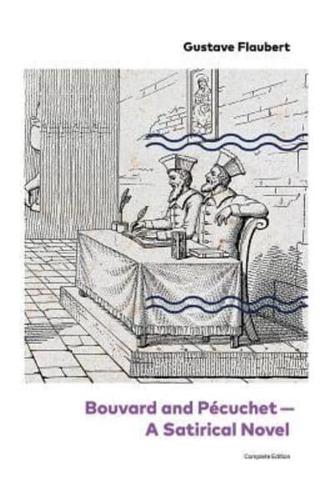Publisher's Synopsis
Gustave Flaubert's "Bouvard and Pécuchet" is a masterful satire of 19th-century French society, articulating the absurdity of amateur intellectualism and the misguided pursuit of knowledge. Through the misadventures of its two protagonists, Bouvard and Pécuchet, Flaubert critiques the era's obsession with acquiring a superficial understanding of various disciplines--literature, science, art, and medicine--without genuine comprehension. The novel's narrative unfolds with intricate detail and a dryly humorous tone, reflecting Flaubert's hallmark stylistic precision and meticulous craftsmanship, while also engaging in the broader literary context of realism and human folly. Flaubert, a pivotal figure in the literary landscape of the late 19th century, was known for his unwavering commitment to exploring the nuances of human experience and social critique, influenced by his own profound disillusionment with bourgeois culture. His struggles with the chaotic influences of contemporary society informed his portrayal of Bouvard and Pécuchet, reflecting a personal inquiry into the nature of knowledge and reality. Flaubert's own life, punctuated by a quest for artistic perfection and a disdain for mediocrity, undoubtedly shaped this enlightening narrative. "Bouvard and Pécuchet" is not just an engaging read; it offers a sharp commentary on the futility of unchecked ambition and the perils of ignorance masquerading as wisdom. It is a crucial text for readers interested in the intersections of satire, philosophy, and literature, and serves as a timeless reminder of the complex relationship between knowledge and understanding that remains relevant today.










